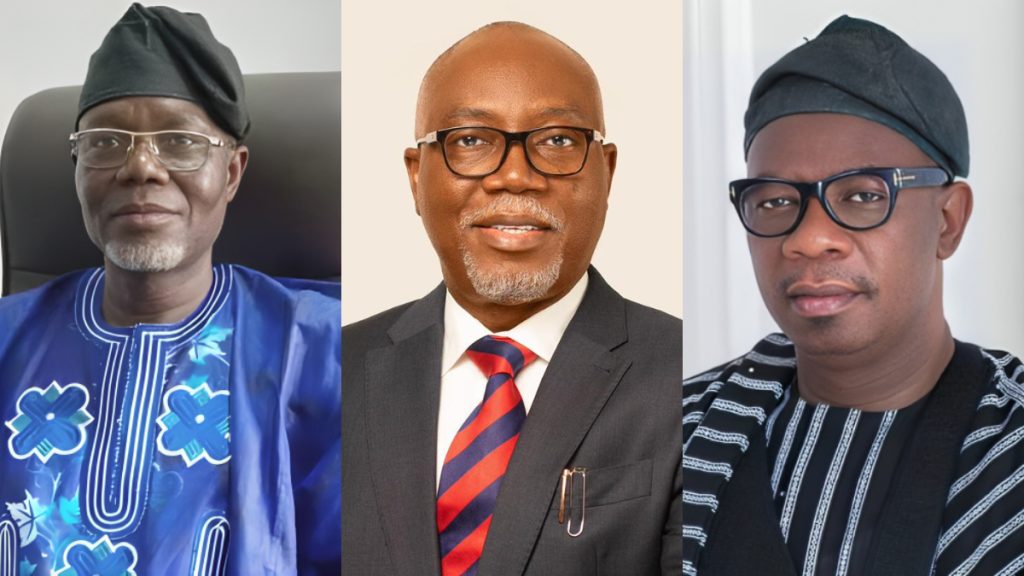DSS Arrests Alleged Vote-Buyer in Ondo Gubernatorial Election
The political landscape in Nigeria faces scrutiny as the Department of State Services (DSS) arrested a suspect linked to vote-buying activities during the Ondo gubernatorial election. This incident on November 16, 2024, highlights ongoing concerns about electoral integrity and the influence of money in politics.
Election Atmosphere and Allegations
As Ondo State prepares for its gubernatorial election, tension and anticipation fill the air. Over 1.7 million registered voters stand ready to cast their ballots. However, allegations of vote-buying have surfaced, raising alarms about the fairness of the electoral process. The DSS’s swift action shows a growing commitment to combat electoral malpractices that have plagued Nigerian elections in recent years.
Details of the Arrest
On Election Day, security operatives apprehended a suspect who possessed large sums of cash allegedly intended for bribing voters. Eyewitnesses reported that the DSS confiscated bags filled with money at various polling units. This arrest forms part of a broader effort by security agencies to deter vote-buying and ensure citizens can exercise their democratic rights without coercion or manipulation.
The Issue of Vote-Buying
Vote-buying has become a notorious issue in Nigerian elections. Reports indicate that political parties often resort to financial inducements to sway voters. In the lead-up to the Ondo polls, candidates faced accusations of stockpiling cash for distribution on Election Day. Sources revealed that some parties earmarked between ₦5,000 and ₦20,000 per vote based on their candidates’ perceived popularity in different regions.
Political Reactions
The Social Democratic Party (SDP) candidate, Bamidele Akingboye, publicly condemned these practices. He urged voters to reject monetary inducements and choose candidates based on their capabilities and manifestos. Akingboye’s stance resonates with many citizens weary of transactional politics that undermine democracy and governance.
Monitoring the Elections
Yiaga Africa, a prominent civil society organization monitoring the elections, reported multiple instances of voter inducement during campaign activities across various local government areas in Ondo State. Their findings suggest that both major political parties—the ruling All Progressives Congress (APC) and the opposition Peoples Democratic Party (PDP)—engaged in questionable practices to secure votes.
The Broader Implications
The implications of vote-buying extend beyond individual elections; they perpetuate a cycle of dependency and corruption that hampers Nigeria’s democratic progress. Many voters feel compelled to accept bribes out of economic necessity. Consequently, this leads to a distorted electoral landscape where financial power outweighs public opinion.
Call for Transparency
As the DSS continues its investigations into vote-buying allegations, all stakeholders—including political parties, civil society groups, and voters—must advocate for transparency and accountability in the electoral process. The integrity of elections remains foundational to democracy; without it, public trust erodes and governance suffers.
A Reminder of Democratic Principles
The arrest during the Ondo gubernatorial election serves as a reminder that while challenges persist, authorities are making concerted efforts to uphold democratic principles. Voters should remain vigilant and resist attempts to compromise their choices through financial incentives.
Looking Ahead
As results from the election begin to emerge, observers and citizens alike must scrutinize not only who wins but also how those victories were achieved. The future of democracy in Nigeria depends on an informed electorate that prioritizes integrity over immediate financial gain.
In conclusion, while the DSS’s actions represent a positive step toward curbing electoral fraud, sustained efforts are necessary to foster an environment where elections remain free from corruption. As Ondo State navigates this critical moment in its political history, all eyes will be on how these developments unfold and what they mean for Nigeria’s broader democratic journey.


